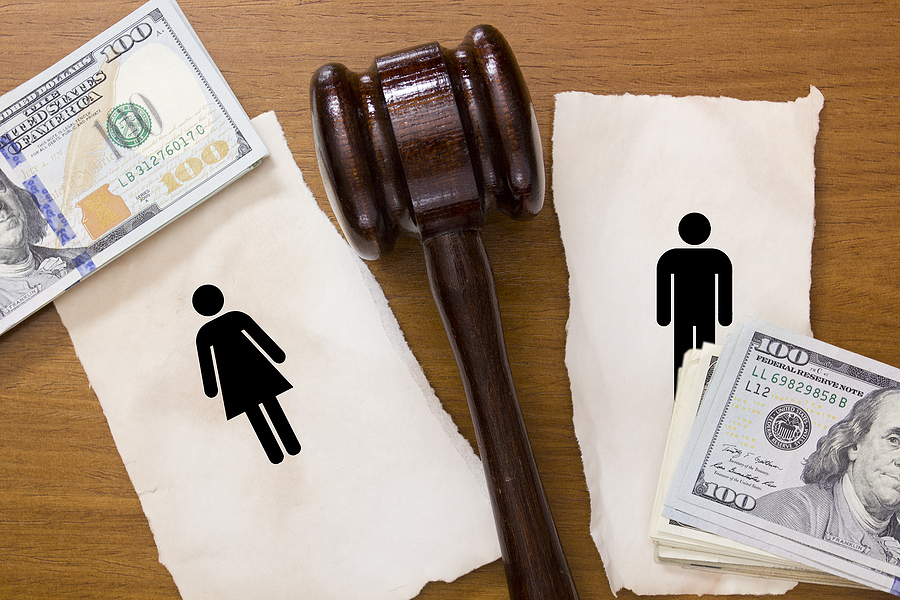The cost of obtaining a divorce can vary significantly depending on the situation. Some individuals do not have the necessary financial resources. Seeking financial compensation for legal expenses from an ex can be a delicate matter. There are various factors to consider and steps to follow when seeking attorney’s fees.
Common Considerations
Individuals commonly consider the following when deciding whether to seek attorney’s fees from their ex:
- Financial Need: If one party lacks the financial resources to afford legal representation, seeking attorney’s fees from the other party may be required to ensure access to justice and a fair outcome.
- Contributing Factors: Evaluating whether the actions or behavior of the ex contributed to the need for legal intervention is important. Failure to comply with legal obligations or actions that prolong the divorce process may strengthen the argument.
- Equity and Fairness: Considering the overall fairness of requesting attorney’s fees from the ex is crucial. If one party significantly benefits from the divorce or holds a substantial financial advantage over the other, seeking a contribution towards attorney’s fees may be equitable.
- Potential Ramifications: Legal proceedings can exacerbate conflict and strain relationships further, potentially affecting co-parenting arrangements or post-divorce interactions. One must balance the benefits of seeking reimbursement with the potential emotional and relational costs.
What Fees Can You Recover From Your Ex?
Whether you are the petitioner or the respondent, you can potentially have your ex pay your attorney’s fees (including legal costs and witness fees) in the divorce. You must file a motion, supported by an affidavit, and may receive attorney’s fees incurred:
- At the beginning of the divorce action;
- During the divorce action; and
- While enforcing the judgment.
Requirements for Attorney’s Fees to be Awarded at the Beginning
The court may grant a motion under the Utah Rules of Civil Procedure 102 and award the attorney’s fees being sought at the commencement of a divorce if the court finds:
- The individual seeking attorney’s fees lacks financial resources to pay their own attorney’s fees;
- The other party has financial resources to pay the individual’s attorney’s fees that is seeking it;
- The attorney’s fees are necessary prosecute or defend the action; and
- The attorney’s fees sought are reasonable.
The court may grant the motion in full if the requirements above have been satisfied. The court may also deny the motion or award limited attorney’s fees if one or more of the requirements are not satisfied.
Payment of Attorney’s Fees by Ex
Generally, an award for attorney’s fees (full or partial) under Utah Rules of Civil Procedure 102(d) must be paid within 30 days of entry of the court order; however, the court can extend the payment deadline. The amount due must be specified and can be paid in a lump sum or through periodic payments.
How We Can Help You Recover Attorney’s Fees
Financial stability and the equitable allocation of resources is crucial. Here at RCG Law Group, we are here to guide you through your divorce and help you secure your attorney’s fees if eligible from your ex by leveraging our expertise and experience.




